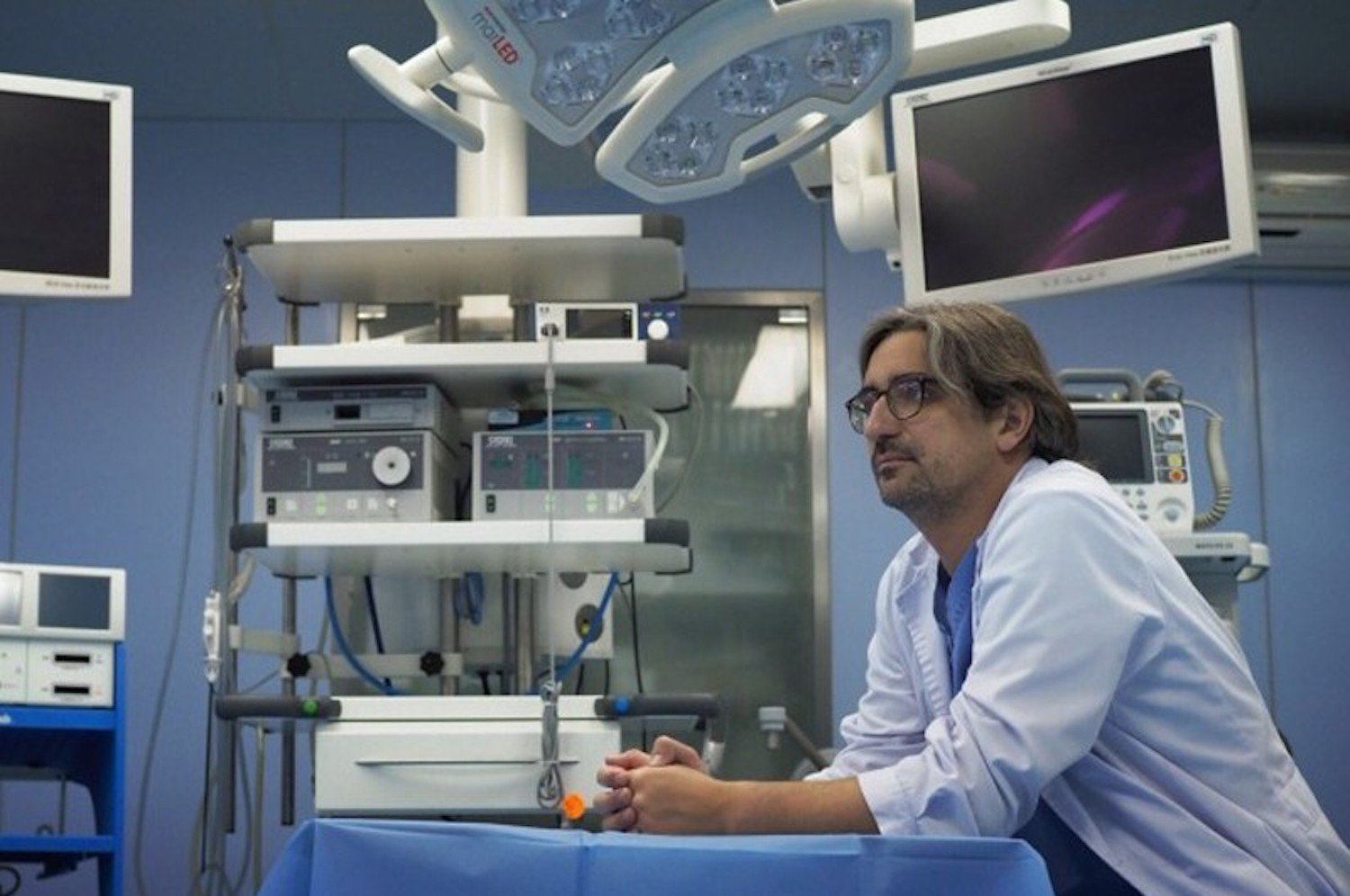Hospital Israelta Albert Einstein will develop an algorithm to process socioeconomic and health data from patients with type 2 diabetes treated at the Unified Health System (SUS). The aim is to provide quality information to support advances in public health policy and access to SUS treatments.
Created in the Hospital’s Big Data and Analytics area and Center for Health Policy Promotion and Studies, the project was selected to receive sponsorship by AWS (Amazon Web Services) – making it the only Brazilian on the list with 10 proposals to promote equity in healthcare.
DMer, like its design Einstein It should use data as a tool to make health care more equitable and inclusive.
The algorithm will be able to cross the indicators in the SUS data storage base with the socioeconomic data and clinical history of the patients. Thus, it can enable the evaluation and development of public policies regarding patient care in the public health system, which includes disease prevention and treatment actions and monitoring of Family Health teams.
“Health equity is something that can vary so much, particularly among patients in the public system, that depending on the region they live in, their conditions and access to far realities can be decisive in the mechanism of development and response. Luana Araujo, coordinator of data applied to public health at Einstein, the project’s creator and principal investigator, calls the “disease” in the statement.
“The innovation here is to use real-life data to effectively quantify this impact on a disease that has tremendous prevalence and tremendous cost to both patients and healthcare systems, both in Brazil and elsewhere in the world,” concludes Araújo.
Helping SUS patients with type 2 diabetes
Estimates suggest the prevalence of diabetes in Brazil is around 9.2%, with the disease being slightly more common in women.
In the hospital’s statement, Edson Amaro Junior, head of Data Science and Analytics at Einstein, says that contextualizing information makes it possible to manage good resources, increase the efficiency of SUS and allow for a more complete treatment. Amaro Junior also notes that the DMeter data can also generate important information for SUS administrators to understand how socioeconomic conditions affect the health of patients with type 2 diabetes.
According to Bijara Machado, who is responsible for technological development on the project, by 2023 the algorithm should work to correlate information from approximately 22,000 patients with 11 socioeconomic variables. The estimation is that the vehicle will be completed in 2024.
When the algorithm is completed, it will be open source and can be used by other institutions. According to the hospital, the project could be expanded to include other diseases in its analysis.
Source: Tec Mundo
I’m Blaine Morgan, an experienced journalist and writer with over 8 years of experience in the tech industry. My expertise lies in writing about technology news and trends, covering everything from cutting-edge gadgets to emerging software developments. I’ve written for several leading publications including Gadget Onus where I am an author.













